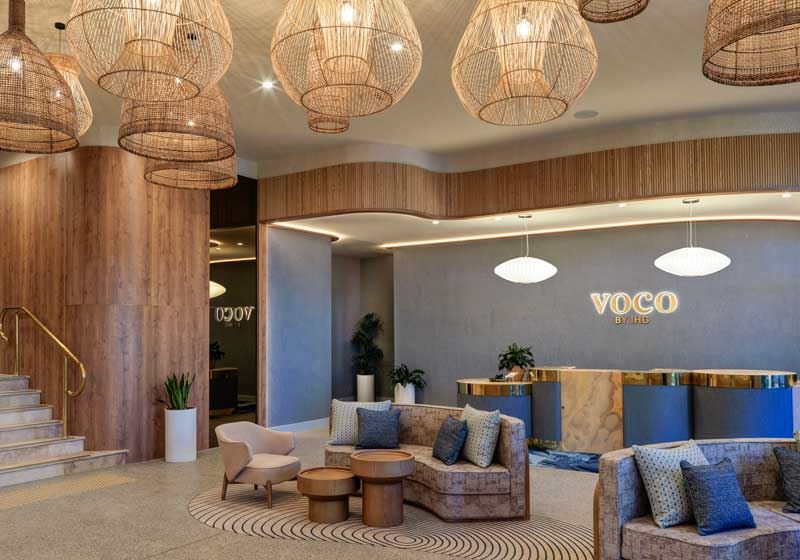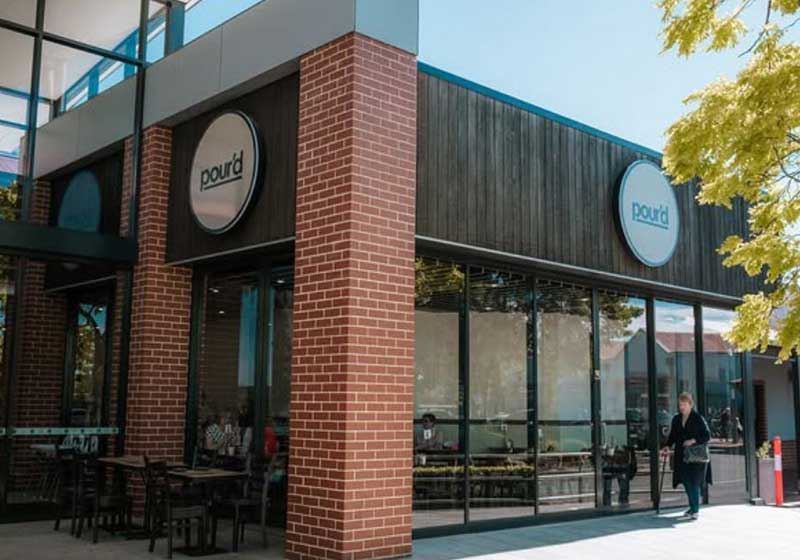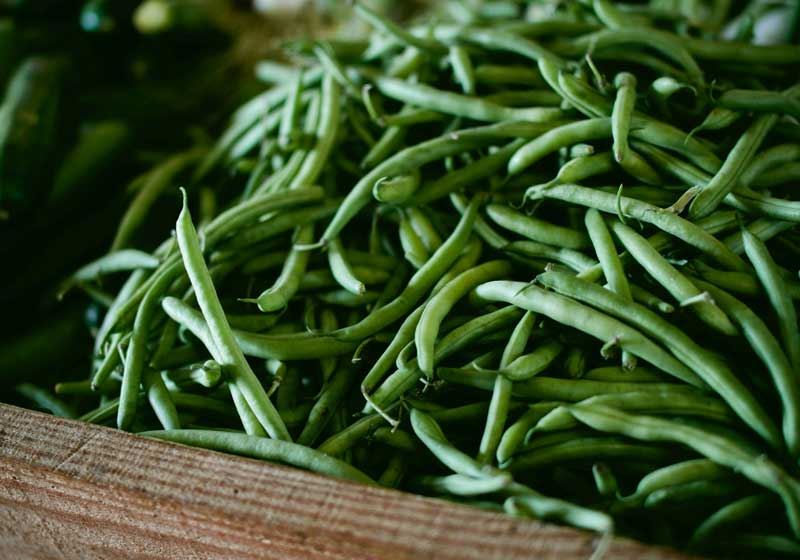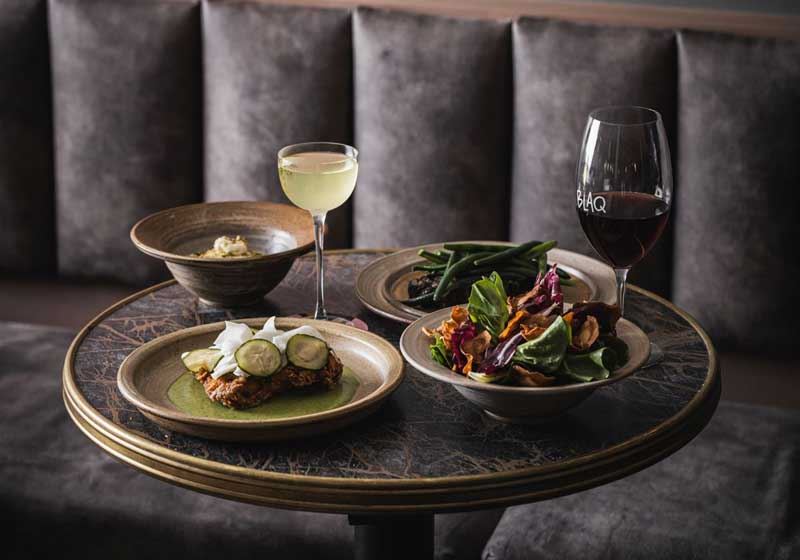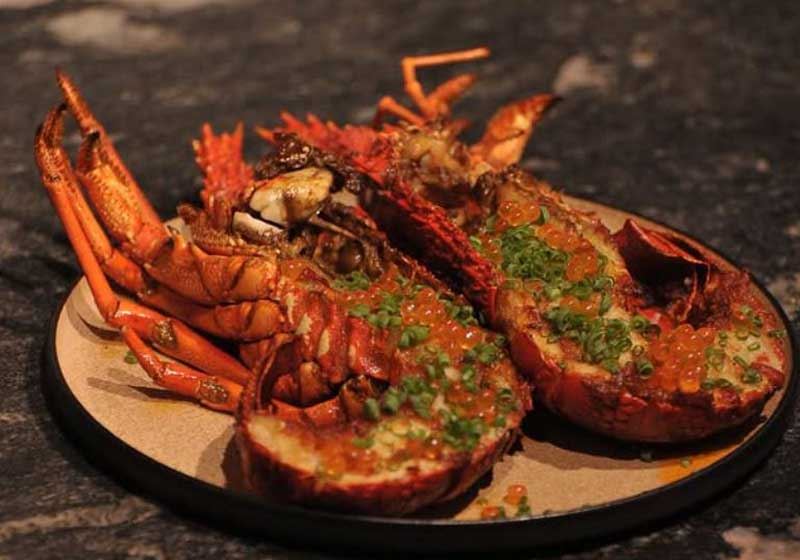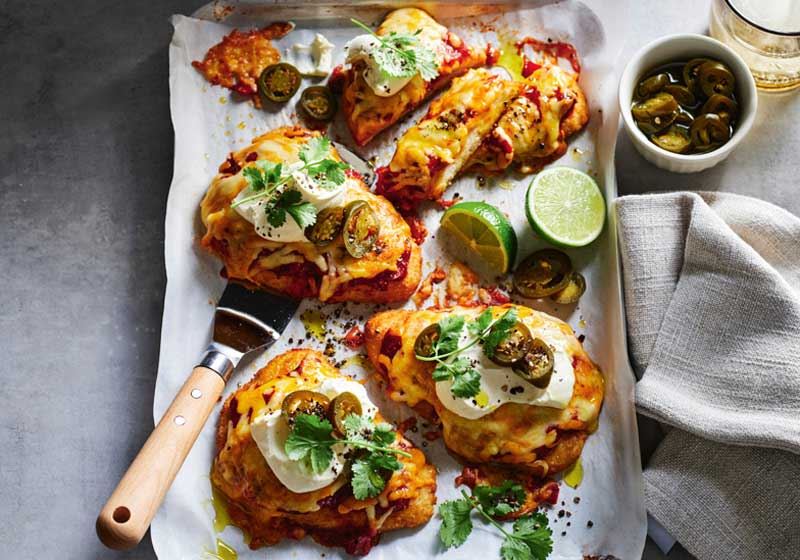By Marie-Antoinette Issa.
Beyond the smiling fronts of the kitchen, bar and wait staff, the rhythm of service in Australia’s hospitality industry can be relentless. Long shifts, late nights and the constant demand for perfection can take their toll.
While the clatter of pans and the hum of conversation might suggest energy and joy, behind the pass, the reality is often exhaustion, isolation and unspoken struggles.
That is why R U OK? is calling on hospitality workers to check in with one another any day, not just on R U OK? Day. As research shows, meaningful conversations can and do change lives.

Three in four Australians believe it is important to regularly ask someone if they are OK, yet a third hesitate. Concerns about saying the wrong thing or not knowing how to help hold people back.
However, psychologist and R U OK? Board Member Annie Fardell Hartley reminds us that "these conversations matter and they’re often more welcome than we think. People don’t expect you to have all the answers or the perfect words. They value trust, genuine care and someone who really listens.”
For R U OK? Community Ambassador Tyler Pockran, a commercial cookery apprentice, the challenges of the industry are deeply personal. "The expectation of an apprentice is to do all the dirty work. You work long shifts, day in and day out. You don’t get weekends or Friday nights with your mates,” he says.
"I remember crying from being so tired after my first week. It’s a huge adjustment and I just felt tired and a bit useless. Community is what really holds everybody together in the kitchen. Hospitality is a slog, but it’s made a lot easier if you have each other’s backs and you can have a laugh while working too.”
His experience shows the power of connection in an industry where burnout is common. Tyler explains: "Having a supportive community puts everyone in a better position to spot the signs that someone is struggling and know the best way to check in with them. That’s why we need to ask, ‘Are you ok?’ any day, not just when things look serious, but whenever we notice something’s changed.”

For Will Stewart, MKR winner and R U OK? Ambassador, the issue is close to the heart. "I wanted to share my experiences to help others. Having lost someone close to me to suicide and knowing people who’ve attempted to, including family members, the need to look out for others is important to me.
"I want to help bridge the confidence gap between people wanting to help and doing so. To give them the courage to ask the question, R U OK? when they see someone struggling.”
Will says the hospitality industry is built on camaraderie, which is why peer support is so powerful. "Peer-to-peer support is extremely important in kitchens and bars. Teams are under significant pressure to execute from the moment they arrive to when they come off shift. The demands can be stressful particularly when dealing with paying customers.
”The time spent together in these environments creates a sense of camaraderie to support each other and it becomes like family. Given this, individuals are in a unique position to support one another as they spend so much time together; they can see when someone’s behaviour changes and by having the confidence to ask, R U OK? and truly mean it, a conversation could really change a life.”
A conversation, whether at the end of a long shift or over a shared staff meal, can be the difference between someone feeling alone or supported. As Will puts it: "A meaningful check-in should be one where the person checking in demonstrates listening to hear what the person is saying. The research tells us that feeling heard can be enough for someone to begin to feel better.”
Still, many hesitate. Will’s advice is simple. "I really feel we need to be brave and have the courage to ask R U OK? when they see someone struggling. The research demonstrates that asking does not cause more harm or make it worse. If you have noticed a change in someone’s behaviour, for example more withdrawn, less talkative, drinking more than usual, more frustrated, then make the time to ask the question. Create the space for the person to have a conversation when you have the time to really listen.”

He points to the R U OK? steps, known as ALEC: Ask, Listen, Encourage Action, Check In - as essential to instigate action. "This could mean asking if they have considered speaking with someone like their GP, who can put them on a mental health plan. Offer to go with them to the appointment as a show of support. Check back in with them to see how they are doing and how the appointment went.”
Beyond individuals, Will believes workplaces can make real changes. "Managers and team leaders need to lead by example; there needs to be a zero tolerance for bullying and harassment and there needs to be a normalisation of mental health conversations.
"Implementing a Health and Well-being policy as part of induction could begin to create trust and a feeling of safety. The business can commit from day one to supporting employees’ mental health. Reinforcing this messaging during team briefings at the start of shifts or over a staff meal can begin to embed an R U OK? culture in the workplace and give people the courage to ask the question.”
Leadership matters, but so does vulnerability. "Something I must note is that leaders can be struggling too. It’s important that each team member looks out for one another, and this includes those who are managing the business,” Will says.
CEO of R U OK? Katherine Newton, wants Australians to remember that every day is the right day to check in. "R U OK? Day, our National Day of Action, is a powerful reminder, but it’s what we do regularly that truly makes a difference. We want Australians to feel confident to check in with the people they care about not only on R U OK? Day, but any day.”
In hospitality, just as in life, we all need to know that someone has our back and sometimes, the simplest words - R U OK? - can change everything.


